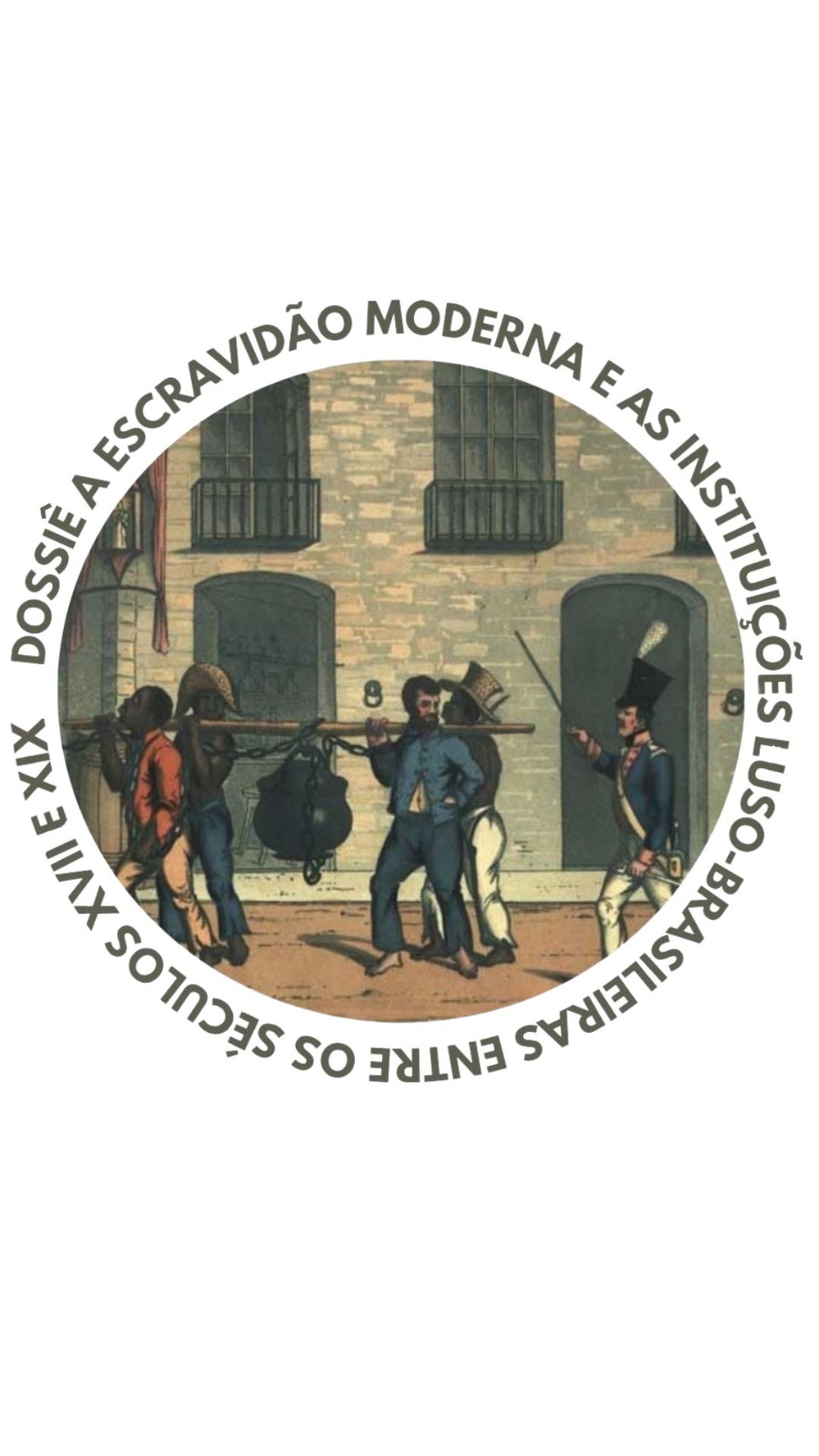Apresentação
Dossier "Modern slavery and the Luso-Brazilian institutions between the 17th and 19th centuries"
DOI:
https://doi.org/10.47456/e-20243535Keywords:
Escravidão; Instituições Luso-brasileiras; Séculos XVIII e XIXAbstract
After some time of heated discussions about whether violence is the structural element of slave domination or not, a group of historians, composed of Brazilians and some Brazilianists, dedicated to understanding different facets of the daily life of Africans and descendants who lived as slaves in the former Portuguese colony of America and later in the Empire of Brazil, undertook numerous studies marked by approaches that favored analyses quite defined in space and time, in which the slave often assumed a preponderant role over slavery itself. Except for some exceptions, notarial, police, and judicial documentation relating to the captives was frequented more as a means of reaching the day-to-day of those involved than for the study of the state apparatus that gave it form and legality.
More recently, however, over the last two decades, even if we consider that localized studies have still achieved considerable expression, there has been in Brazil, the Caribbean, and the United States a renewed interest in macro approaches, both in the publication of new research and in the production of translations of established works - which have made available to a broader number of interested parties issues that were, for some time, relegated to the background, forgotten under the stigma of large ideological, economistic, or culturalist generalizations. Gradually, the history of modern slavery is being, in Brazil and abroad, reinterpreted in the light of connected histories in the American space, from the Atlantic perspective, under the prism of the Portuguese empire, and within the scope of Western culture itself.
Positioning itself at the same time as a tributary and critic of these broad historiographical movements, this thematic dossier intends to open space to a new and vibrant set of studies that have been articulating the problem of slavery of Africans and descendants to the construction or functioning of institutions that made up the Lusitanian Monarchy and the State of the Empire of Brazil between the 17th and 19th centuries.
Downloads

Downloads
Published
How to Cite
Issue
Section
License
Copyright (c) 2024 Ágora Journal

This work is licensed under a Creative Commons Attribution-ShareAlike 4.0 International License.
Revista Ágora (Vitória) © 2005 by Universidade Federal do Espírito Santo is licensed under Attribution-ShareAlike 4.0 International






















